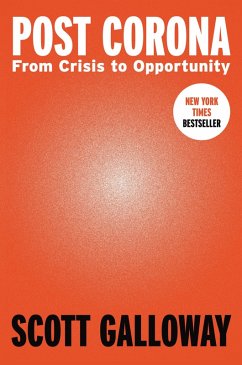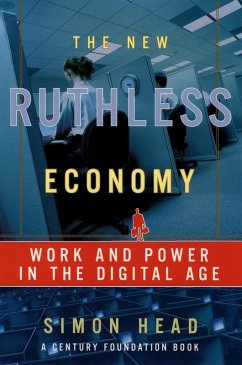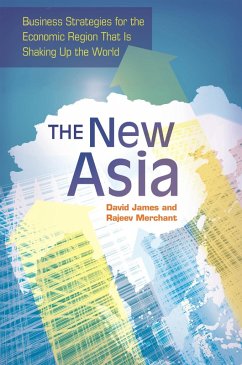
Israeli Economy from the Foundation of the State through the 21st Century (eBook, ePUB)

PAYBACK Punkte
8 °P sammeln!
This book analyzes the development of the Israeli economy in its historical context. It shows how the ideology of the dominant group in the Zionist movement led to the development of agriculture, thus meeting the preconditions for successful industrialization. Remarkable, if uneven, growth has taken place, with increasing allocations for defense. Regional isolation led to the emphasis on high-quality exports for developed markets that has stimulated the technological base. Israel has benefited from mass immigration and increased access to foreign capital, factors that have transformed the econ...
This book analyzes the development of the Israeli economy in its historical context. It shows how the ideology of the dominant group in the Zionist movement led to the development of agriculture, thus meeting the preconditions for successful industrialization. Remarkable, if uneven, growth has taken place, with increasing allocations for defense. Regional isolation led to the emphasis on high-quality exports for developed markets that has stimulated the technological base. Israel has benefited from mass immigration and increased access to foreign capital, factors that have transformed the economy. The book includes chapters on the development of the Jewish community in Palestine during the British Mandate; macroeconomic developments and economic policy; globalization and high technology; defense; the economics of the Arab minority; Israeli settlements and relations with the Palestinians; and the role of religion. It concludes with an examination of the socioeconomic divisions that have widened as the economy has grown.
Dieser Download kann aus rechtlichen Gründen nur mit Rechnungsadresse in A, B, BG, CY, CZ, D, DK, EW, E, FIN, F, GR, HR, H, IRL, I, LT, L, LR, M, NL, PL, P, R, S, SLO, SK ausgeliefert werden.













